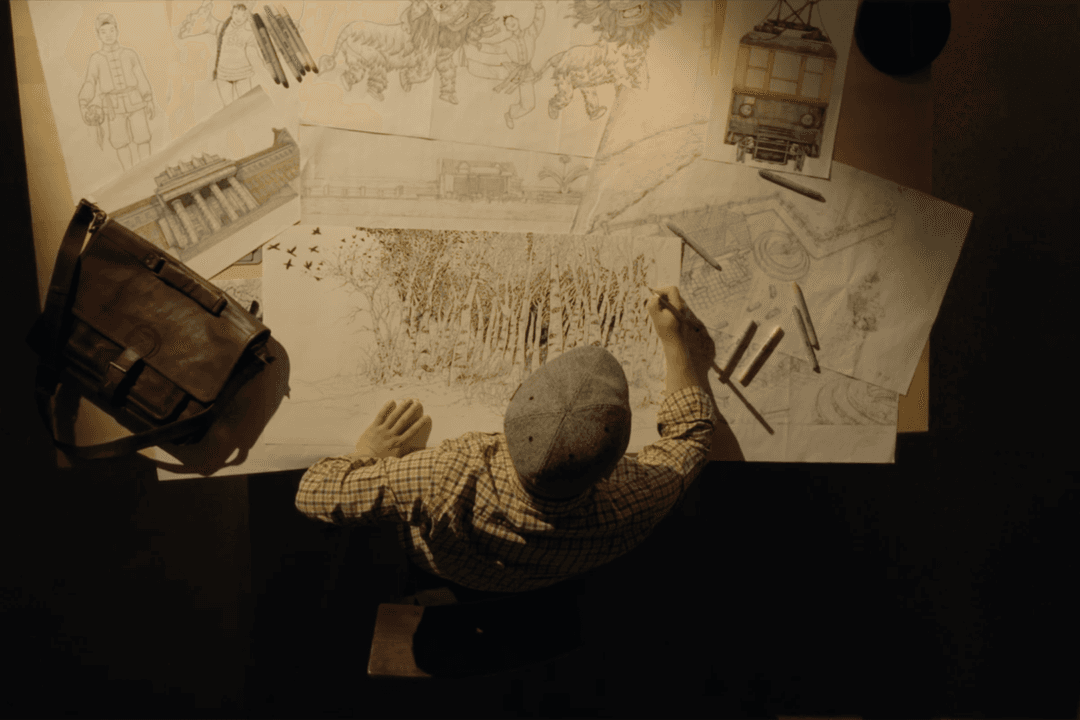South Australian Premier Steven Marshall will be easing restrictions three days early, after it was revealed a man infected with COVID-19 in the state’s CCP virus cluster misinformed health authorities.
Marshall has moved to immediately lift restrictions allowing people from the same household to exercise outdoors together, and as of midnight on Saturday stay-at-home orders will be raised.





